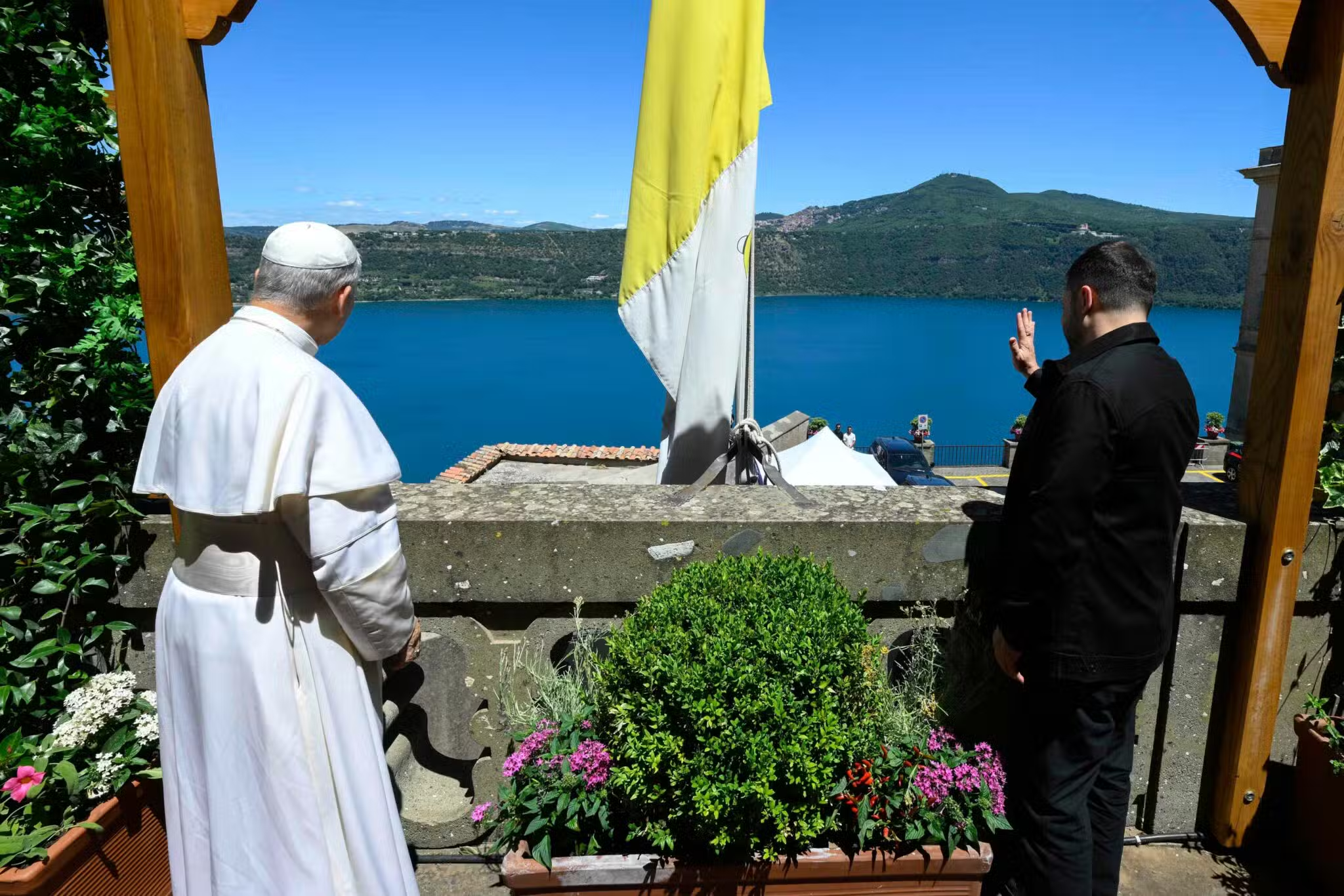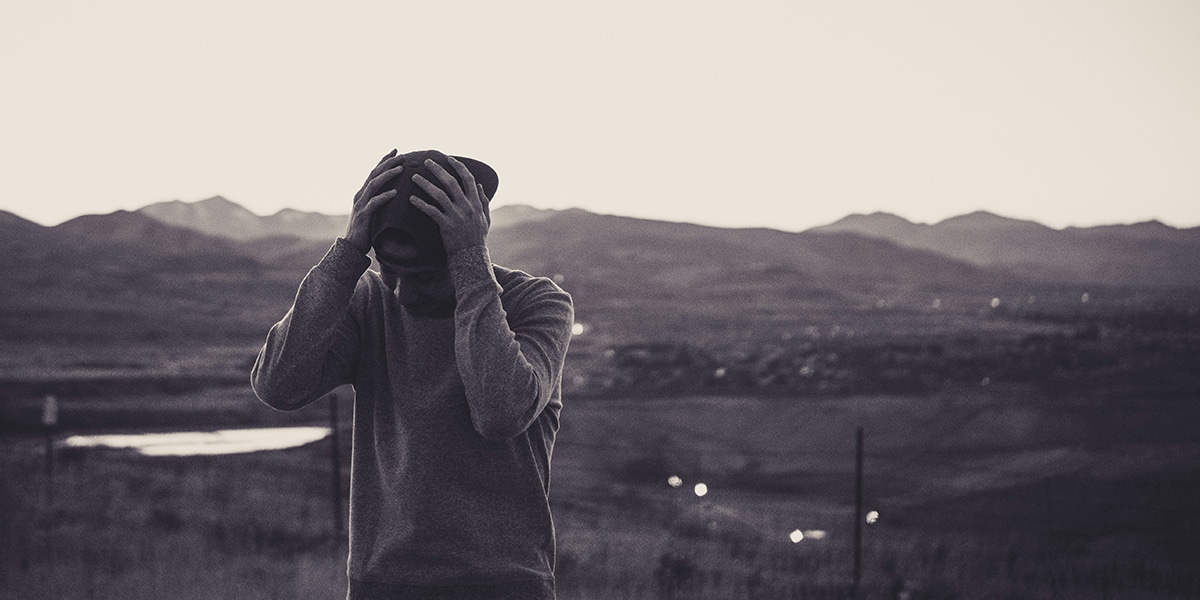As a zealous young man, I often undertook pretty extreme Lenten fasts. One time, back in graduate school, I even fasted from electricity. I still chuckle about how strange my friends and neighbors must have thought I was back then—and, of course, they were absolutely right.
Looking back, I see how much those fasts were fueled not only by the enthusiastic idealism of youth, but also by my need to flex my moral muscles, to feel self-righteous. I was proud of the degree of deprivation that I undertook—and, if I’m honest, I felt some disdain for those who couldn’t or wouldn’t go to such extremes as I had.
As I’ve aged, my idealism and moral muscle power aren’t quite what they were back in my 20s. I don’t attempt such look-at-me kinds of fasts anymore. I’d like to hope that this stems from a bit more spiritual maturity, more humility, less need to impress myself or others, and a clearer focus on the spiritual invitations of the penitential season.
But as I think about the new generation of young climate activists, such as Varshini Prakash and the Sunrise Movement or Greta Thunberg and her school strikes for the climate, I’m reconsidering. These young people are asking hard things of us who are older. They see clearly that the world we are handing to them is damaged and degraded. They understand, in stark terms, that if we continue with our too-little, too-late, business-as-usual approach, the world will pass various environmental tipping points from which we can’t recover—and that they, in their lifetimes, will experience the brunt of the ensuing catastrophes. In the face of such a bleak future, they are demanding that we change our lifestyles, our laws, our economics, the very assumptions and habits of modern first-world living—an entire paradigm shift that must happen at scale and at speed, which is no small thing.
I think that, at our core, we also want what they want. We don’t want to preside over the kind of destruction that is happening right now. We want a kinder, gentler, thriving, cooperative world—for them, for generations yet unborn, and for ourselves. The pleasures and satisfactions offered by our current way of living pale in comparison to the kind of just and equitable future they are asking us to help create.
It’s no exaggeration to say that we are addicted to using a lot of energy and natural resources to support our current way of life. In fact, according to the article “2,000 Watt Society, ” in the United Nations University magazine Our World, we Americans use about six times more energy than our global “fair share ” and 40 times more than the average Bangladeshi.
How can we make the changes that the younger generations rightfully demand of us? It feels impossibly daunting, so the temptation to do nothing is very great. But while any one person’s impact may seem small, each of us can do what is ours to do. Both as a Christian and as a world citizen, I want to do something more, and I think the Lenten season may be a way to move toward the future I want to help create.
Fasting for the Environment
Lenten fasting has traditionally been about food. Given that a meat-heavy diet is more than twice as environmentally impactful as a plant-based diet, couldn’t that be a place to start? What if, for the season of Lent, we ate half as many animal products as we usually do—or even, if we want to be hard-core, none at all?
Another potential Lenten fast is from consumption. What if, for the season of Lent, we decided to cut in half our purchase of nonessential items or even cut out such purchases entirely?
We might also look at our use of energy—for our household and our transportation. What if we made at least one energy-saving investment in our home, whether that is installing LED light bulbs or a more efficient furnace? Or perhaps we could cut out any unnecessary travel. Given the restrictions of the pandemic, this should be an easy lift.
Almsgiving is another aspect of the Lenten season. Why not choose to direct some of our resources toward organizations—faith-based or secular—that are working hard to create a more livable future for all? What if we made a commitment to purchase renewable energy credits, which help offset the environmental impact of our energy use?
In God’s Hands
The third element of Lent is, of course, prayer. Because the task before us is so all-encompassing and intimidating, prayer is essential. It not only sustains our own hope, but I believe prayer also has powerful, world-changing effects far beyond our own sphere. I don’t pretend to understand how this works, but as a person of faith, I believe that it does—not as an excuse to avoid doing something “tangible, ” but as a complement to it. Prayer really can move mountains, and that is the scale of what is required now.
The needs of our historical moment are pulling me out of my middle-age comfort zone into a sharper-edged sense of commitment. And I’d like to think that the deprivations of the pandemic have both helped me pare things down to a more essential level and toughened me up enough to live out my commitments more seriously. The Lenten season provides a wonderful opportunity to make all of this tangible.
The question, of course, is whether we can do this in a way that rises to the seriousness of the moment and yet somehow holds our own actions lightly at the same time: caring deeply and yet unattached to outcomes. That’s the paradox, which only the faithful, contemplative imagination can manage. Our future may be in our hands, but we are in God’s.








